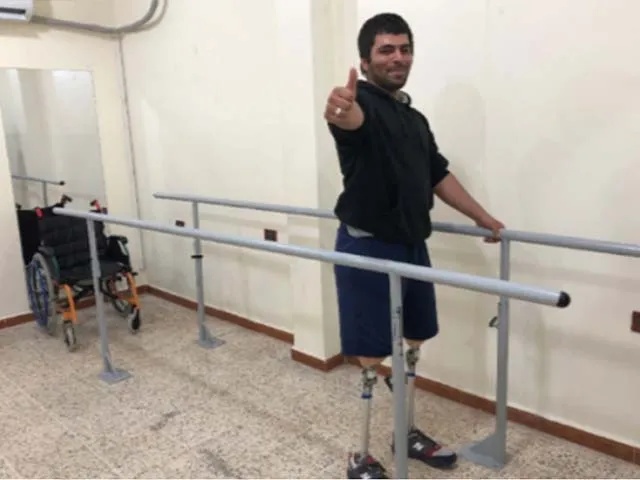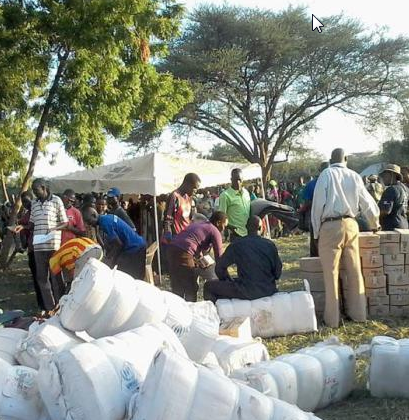This 2-part presentation provides an introduction to the issues, challenges and opportunities involved in becoming a Humanitarian Aid Worker.
Humanitarian aid workers are involved in meeting the needs of people affected by both natural disasters and human-made crises. Humanitarian aid work is fast becoming a professionalized field. Effective aid delivery requires many organizational, technical, and social skills in order to provide assistance in efficient, effective, and sustainable ways to people struggling to cope with often life threatening conditions and situations. Our presentation provides an outline of the essential requirements, competencies, skills sets and functional areas involved in the field. These include administration, logistics, and support, but also communication skills, diplomatic skills, cultural intelligence, and leadership skills, as well as the psychological and social capacity for working in difficult and sometimes dangerous conditions. The presentation also covers the steps in becoming a Humanitarian Aid Worker, along with a number of organizations serving as first steps into the profession.
Part I of the presentation defines the field, its importance and the professionalization movement, along with the general skills, competencies, and development processes.
Part II of our presentation examines Humanitarian Aid Work in action in a number of selected areas such as Food (in) security, Emergency Education, and the global water crisis. Examples of how Humanitarian agencies have been addressing the issues and challenges in these areas are presented







